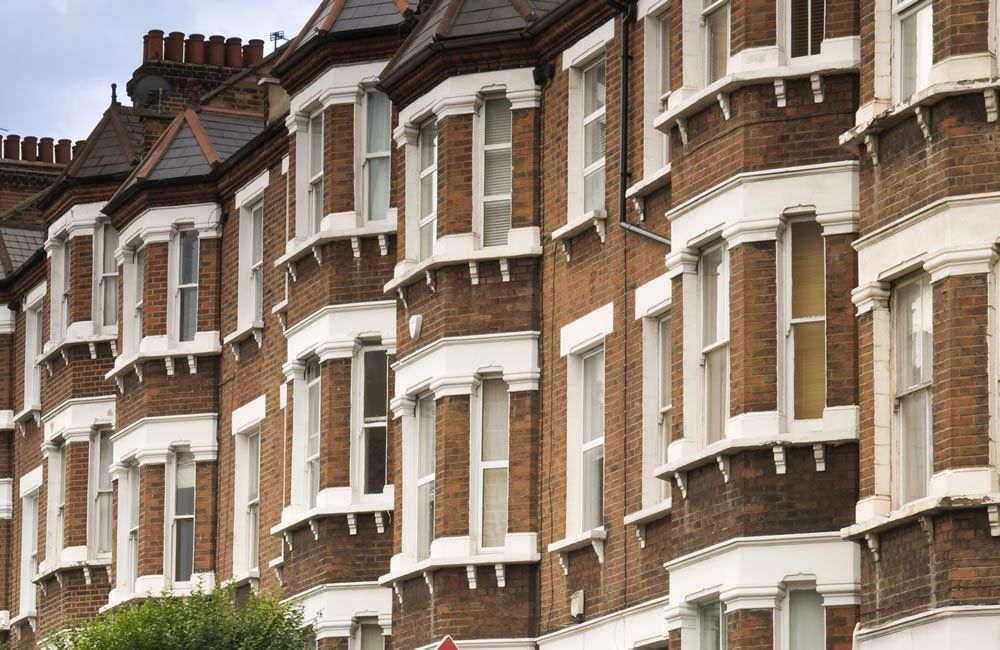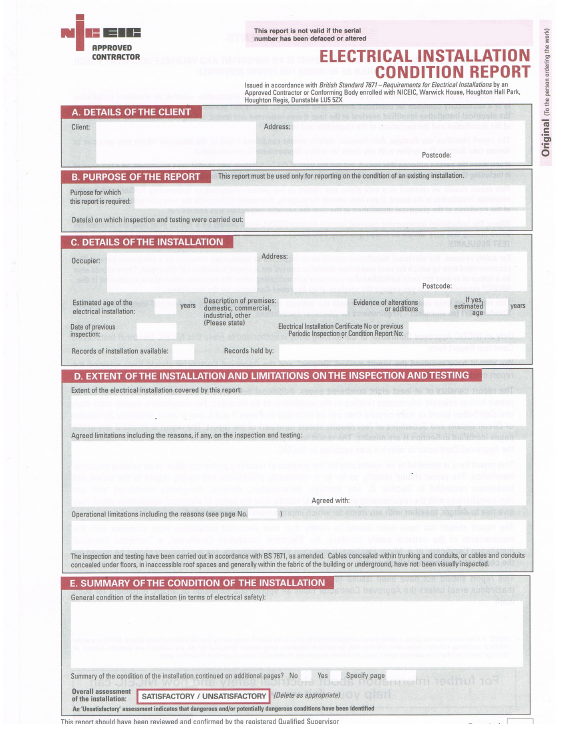Landlord Electrical Safety Certificate
In England, Under the Electrical Safety Standards in the Private Rented Sector (England) Regulations 2020, landlords are required to have the electrical installations in their properties inspected and tested, at least every five years, by a person who is qualified and competent.
Nationwide Coverage
Free No Obligation Quotation
Electrical safety in all tenancies
Electrical safety certificates are a legal requirement and can only be carried out by an approved contractor, such as CSE Electrical.
All landlords including councils and housing associations must make sure your home is safe and fit to live in throughout your tenancy.
Landlords must keep wiring and installations in safe working order.
As a tenant, you must:
- report electrical faults as soon as you spot a problem
- allow access for repairs and safety inspections
- make sure your own appliances are safe
You can carry out a visual safety check but don't try to do your own electrical repairs.
How often is this inspection required?
The frequency of this inspection varies depending on the type of property, from Schools being at every five years to a Swimming Pool at every one year. For a full explanation please see our frequency table.
What is tested during the inspection?
The electrician will test and inspect the fixed electrical installations in the property. For example: wiring, plug sockets, light fittings, fuse boxes, electric showers and extractor fans.
They can make any immediate hazards safe before they leave your home.
They won't check the safety of items that can be moved around, such as TVs, white goods, kettles or toasters, unless your landlord has also asked them to do a portable appliance (PAT) test.
PAT testing is not a legal requirement for landlords but it's a recommended way for them to keep your home safe.
Electrical safety checks for Landlords and private rented homes
From 1 July 2020, private landlords must make sure that all hard wired installations are inspected and tested by a registered electrician.
The electrician will produce a report for the landlord. You should be given a copy.
The inspection should take place at least once every 5 years.
If your tenancy started on or after 1 June 2020
- the first check should have been done before you moved in
- you should have been given a copy of the report
Write to your landlord and ask for the most recent report if you've not received it. They must give you a copy within 4 weeks.
If your tenancy started before 1 June 2020, your landlord must have made sure that the first check was done by 1 April 2021.
If the property has been built or rewired in the last 5 years, your landlord can give you a copy of this certificate (EICR) instead and therefore will not need to organise a safety check.
Resident landlords with lodgers don't need to carry out these safety checks but can choose to if they want to make sure the home is safe.
BS7671 ELECTRICAL REGULATIONS
(Recommended intervals between periodic tests and inspections)
Type of installation - Maximum period between inspections and testing
- Domestic premises (general) = 10 yrs/Change of Occupancy
- Domestic premises (rented houses and flats) = 5 yrs/Change of Occupancy
- Residential Accommodation (HMO, halls of residence, nurses accommodation etc) = 5 yrs/Change of Occupancy (some local authorities ask for HMO properties to be tested every 3 yrs)
- Commercial premises = 5 yrs/Change of Occupancy
- Educational establishments = 5 years
- Industrial Premises = 3 yrs
- Offices = 5 yrs
- Shops = 5 yrs
- Cinemas = 1-3 yrs (local authorities license should stipulate frequency)
- Churches = 5 yrs
- Leisure Complexes (excl. swimming pools) = 3 yrs
- Restaurants and Hotels = 5 yrs
- Public Houses = 5 yrs
What about HMOs?
The Management of Houses in Multiple Occupation (England) Regulations 2006 had previously applied and put specific duties on HMO landlords concerning electrical safety.
Now, this aspect of electrical safety in HMOs has been repealed, replaced by the new Safety Regulations.
In the case of licensable HMOs, those with 5 or more tenants,
The Housing Act 2004 regulations have now been amended by these new regulations to require a new mandatory condition in HMO licences ensuring that every electrical installation in the HMO is in proper working order and safe for continued use.

In the case of Houses in Multiple Occupation (HMOs) – defined as a property rented out by at least three people who are not from one ‘household’ (for example a family) but share facilities like the bathroom and kitchen – where the HMO is the tenant’s only or main residence and they pay rent, then these Regulations also apply to HMOs.







